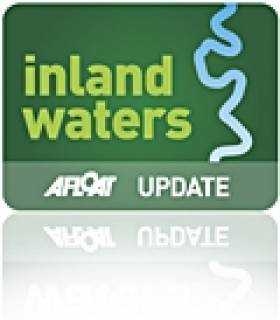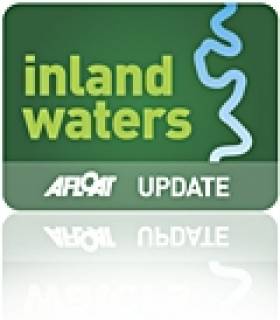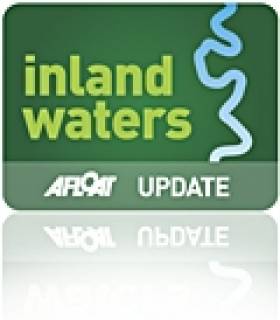Displaying items by tag: Grand Canal
15th Lock Closes for Emergency Repairs
The 15th Lock on the Grand Canal has been closed to navigation until Tuesday, 13th July in order to carry out emergency repairs to the lock gate. Every effort is being made to restore the lock to service as soon as possible.
New Grand Canal Route Opens
A route that follows the Grand Canal on the inland waterways being opened today provides access for walkers and cyclists from West Dublin right into Dublin centre. Details of the new route – that cost Euro 25 million – is in this morning's Irish Times by Paul Cullen here.
Grand Canal - Five Day Rule Applies
This will ensure that there is a clear channel for navigation at all times and will make for easy access to berthage by visiting vessels wishing to avail of the refurbished facilitates.
Vessels should only moor directly onto quay walls and not double or triple berth. Alternative berthing is available east of Griffith Bridge.
Vessels should only be moored singly on either side of the canal to permit the safe passage of craft. Bye-law (25, 1 (b) states that sufficient space must remain so that two vessels can pass at the same time. Berthage is also available on the north bank between 35th and 36th Lock.
Vessels in contravention of this bye-law will be moved off the area as space becomes available. Vessels without a valid permit will also be moved.































































